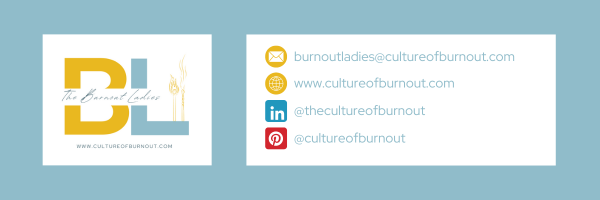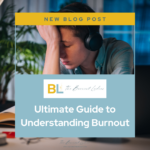
“Unpaid labor” sounds like an aggressive phrase, doesn’t it? Maybe even a confusing one? ‘Labor’ is often associated with specific types of work – manufacturing, landscaping, welding, things that require people to move their bodies. Sweat is usually involved.
We’ve also noticed that a lot of people associate the idea of being a laborer with being in a certain economic class. Teachers, for instance, aren’t considered to be doing labor, nor are athletes. But that’s a blog for another time.
Today’s blog is about that phrase at the top – “unpaid labor.”
How can labor possibly be unpaid? There are unions for that. Human rights codes.
Except people do it all the time, all over the world, and we simply call it ‘caregiving.’ Sometimes that name goes by ‘motherhood’ specifically, but both words are talked about with a tone of noble sacrifice. “Of course a mother will do work to raise her child, but why would she need to get paid for it? That’s ridiculous, motherhood is its own reward.”
Or “it’s such a shame his wife got in that accident and now he takes care of her” or “Did he know they’d have to care for her sister when they got married?”
We’ve all said/thought things along those lines and it’s because those are not categories of life that we consider work, or labor.
But they are.
They are an absolute load of work.
What is the cost of unpaid labor?
The understood salary of a mother – should she get a paycheck – is about $100,000/year. If you paid someone else for all the tasks she does, it would add up to that amount. We don’t have the math for other type of caregiving, but assume it’s similar.
Now, we’re not advocating that caregivers need to be paid right now. We’d love to see more compensation to account for the work and some states, cities, and countries are doing that. But right now, what we want, is for the phrase “unpaid labor” to be forefront in your mind as a cause of burnout.
Compensated labor can lead to overwhelm and exhaustion – can you imagine what unpaid labor must feel like at times? Isolating, thankless, exhausting (both physically and emotionally). Erin’s talked about caregiver burnout and we know she’s not the only one.
How do we prevent burnout from unpaid labor? Great question. Our book answers that with a clear framework you can use immediately. Buy your copy HERE.



